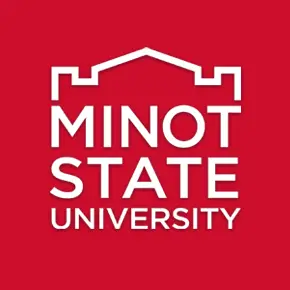Geology offers both Bachelor of Science and Bachelor of Arts programs, which offer a strong foundation in geology but with different focuses. Our BS degree emphasizes additional coursework in science and mathematics, making it appealing to employers and graduate schools seeking a more technical background. In contrast, the BA degree provides greater flexibility, allowing students to combine their geology studies with two concentrations, a minor, or a second major, making it ideal for those who want a more interdisciplinary approach.
Program Type: Major, Minor, Concentration
Offered: On Campus
Credit Hours: 120-128
Est. Time to Complete: 4 Years
Department: Department of Science
96%
Job/Graduate School Placement Rate
1:1
tutoring, academic advising, and career coaching
Program Highlights
Fieldwork Research Opportunities
Field trips are common, and working in the field is required. You will assist faculty members with research projects and often receive credit when research is published. These valuable opportunities will enhance your job and graduate school prospects.
Our Facilities
The Department of Science has several major analytical instruments acquired with funding through competitive grants from the National Science Foundation. These instruments are used for materials characterization both in coursework and research.
Get Involved
A.U.G.I.T.E., or the Association of Undergraduate Geologists in Industry, Technology, and Education, is the Minot State geology club. It is an active club that sponsors geology-related field trips and outreach events and brings in occasional speakers from the geological industry to discuss issues graduating students might face when entering the professional geological workplace.
Careers & Outcomes
99K
Median annual salary for geoscientist
→ U.S. Bureau of Labor Statistics
Top Careers
- Conservation Scientist
- Natural Scientist
- Environmental Engineer
- Geoscientist
- Petroleum Engineer
Questions? We're Here to Help

Office of Enrollment Services
701-858-3350
1-800-777-0750 ext 3350
askmsu@minotstateu.edu

Dr. Joseph Collette
Coordinator, Associate Professor
701-858-4142
joseph.collette@minotstateu.edu
Additional Program Information
Minot State University is accredited by the Higher Learning Commission, a regional accreditation agency recognized by the U.S. Department of Education.






